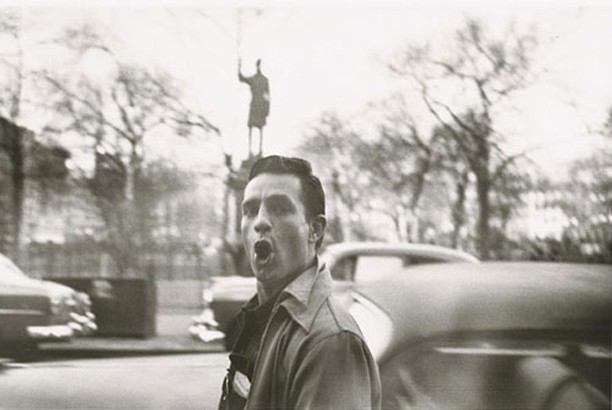The 21st century is in love with quotes, excerpts and short stories. Our generation is fueled by instant gratification and bigger pictures with fewer words. As On the Road, one of the last significant novels in the U.S.’s dwindling literary sphere, was plastered on the big screen this past December, it seems as if literature in this nation has come to the end of the road as well.
Jack Kerouac’s masterwork was perhaps the last revolutionary piece of literature left to be adapted into film. A story that took years to form, weeks to write and a social insurgency to accept has been torn from its pages to be made more palatable to modern audiences.
The story itself is timeless; it’s the format that’s dated.
People just don’t read books anymore. In a tech-savvy society where entertainment is larger than life and information processing is restricted to the news feed of a social media sites, printed books have become archaic.
Literature is dying a slow and helpless death thanks to the Internet and our attention-deficient generation. Students’ exposure to classic literature is often limited to senior English classes where the school curriculum predetermines what few novels a person will encounter in their lifetime.
Reading is not considered entertainment at all by most of today’s youth; the same report by the NEA found that more than half of America’s youth, people aged 18 to 24, don’t read books for pleasure.
A 2007 report by the National Endowment for the Arts found that young people now spend an average of only seven to 10 minutes a day reading voluntarily, while they spend two and a half hours watching TV. Furthermore, the majority of people use other media at the same time as reading for their few minutes, like listening to music or instant messaging.
College students are evidence of this change: The report found that young people simply do not have the time for leisurely reading. Literature was once a major way for young minds to explore and escape, but now it is merely a chore.
On the Road was published in 1957 as the voice of a youth in revolt against the structure of a socially stratified society. It was the product of a search for expression outside of propriety, of exposed sexuality, a vision at the spirit of the individual. It was a cultural rebellion for social reform. It moved a nation through the written word.
But a great portion of the current youth is unfamiliar with that type of revolution, and reading has become tragically irrelevant as a form of entertainment.









